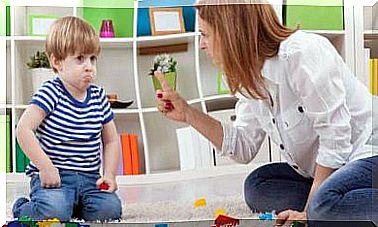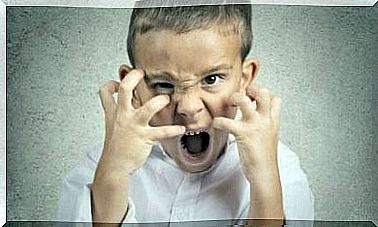Oppositional Defiant Disorder: Constant Confrontations
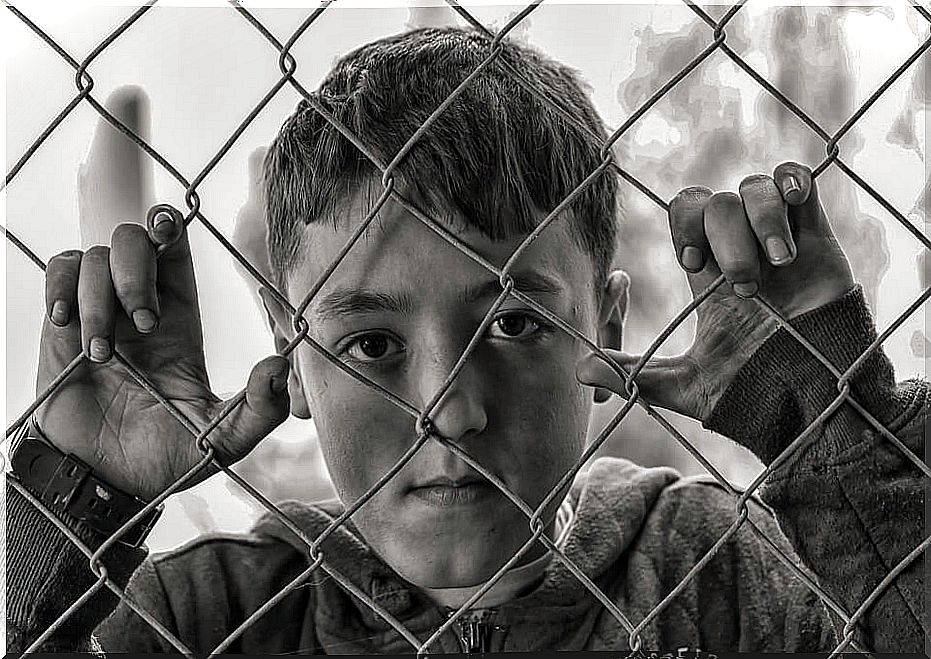
A child with Oppositional Defiant Disorder is characterized by defying orders from authority figures (such as parents and teachers). Often, he exceeds established limits, ignores orders and rules, argues and, in addition, acts with deliberate hostility, and can even go as far as verbal aggression.
This disorder is listed in the Statistical Diagnostic Manual for Mental Illness (DSM-IV), produced by the American Psychiatric Association, which is updated every year.
In this manual, ODD is described as: “an ongoing pattern of disobedient, hostile, and defiant behavior toward authority figures, which goes beyond normal child behavior.”
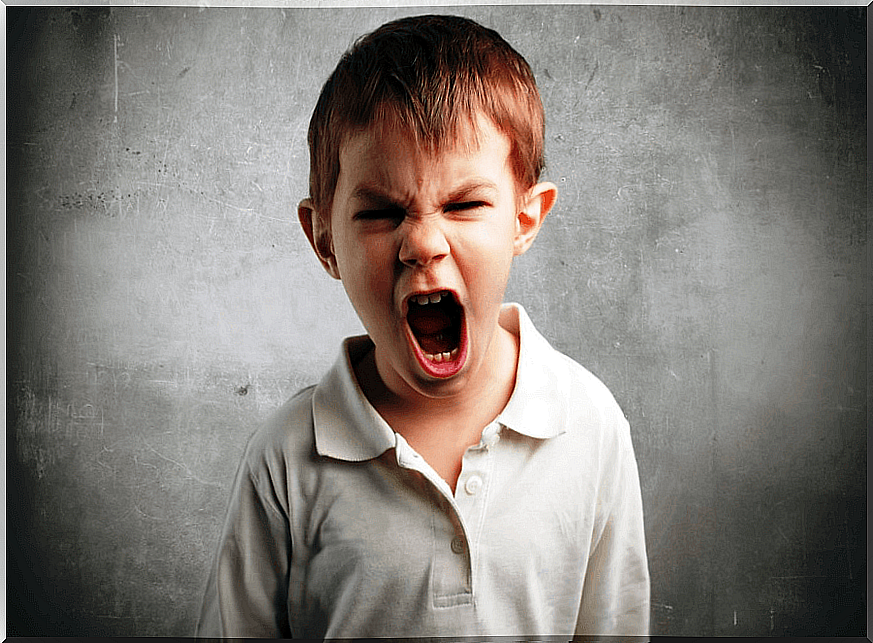
So a child with this disorder is not a spoiled child who eventually throws tantrums. Rather, it is a child whose behavior on a daily basis (for a period of time greater than 6 months) is defiant, disobedient and hostile towards authority figures.
The intensity of the symptoms will depend on the degree of physical, emotional and intellectual development of the child.
It should be noted that only a professional (psychiatrist or psychologist) can make the diagnosis. Within his evaluation, the professional will also be responsible for ruling out the possibility that the child suffers from another disorder, such as depression or anxiety, in order to provide appropriate treatment.
Possible Signs of Oppositional Defiant Disorder
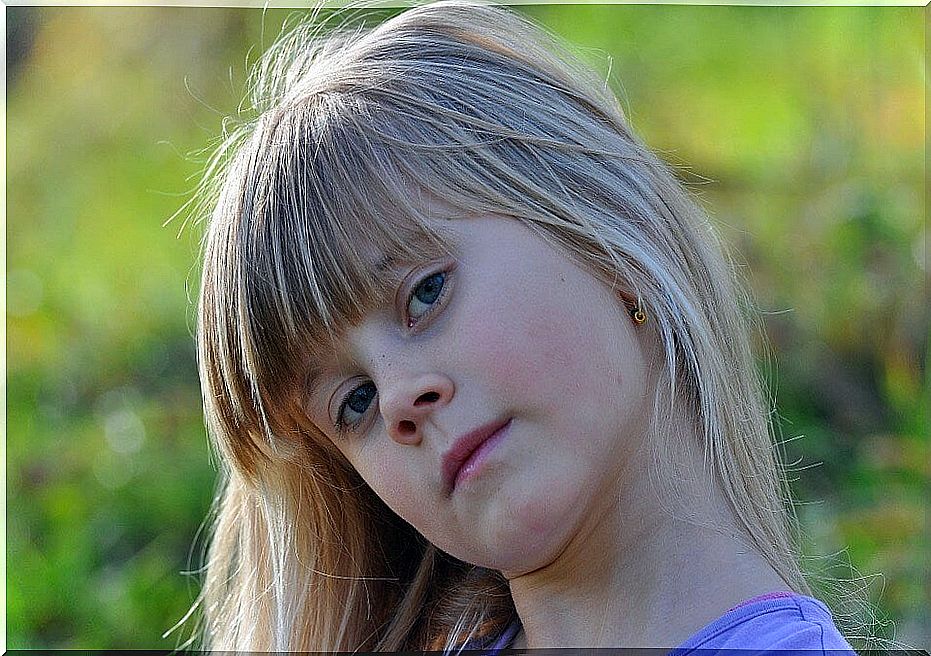
- He is angry, spiteful and vindictive.
- Deliberately annoying other people.
- When the child has three or more tantrums a week and loses his temper easily, this may be a symptom of ODD.
- Defies adults and refuses to follow orders.
- Argues with adults much more intensely than with children his own age.
- The child is insistent ad nauseam.
- Accuses others of their mistakes or bad behavior (evades their responsibilities).
- He is constantly irritable (many parents report that he is “always in a bad mood”).
How to treat a child with ODD?
According to the notes of the Spanish Association of Pediatrics (AEPED), the treatment for oppositional defiant disorder has a non-pharmacological approach. While some medications have been shown to be somewhat effective in reducing the frequency and intensity of anger and aggressive behaviors, the core of treatment is “dialectical.”
In this aspect there are some therapies that can help. One of them is parental training, which is used so that parents can help their child to be more positive and acquire an appropriate discipline style and avoid punishment patterns as a method of correction, as these can reinforce negative behaviors and especially aggressive responses.
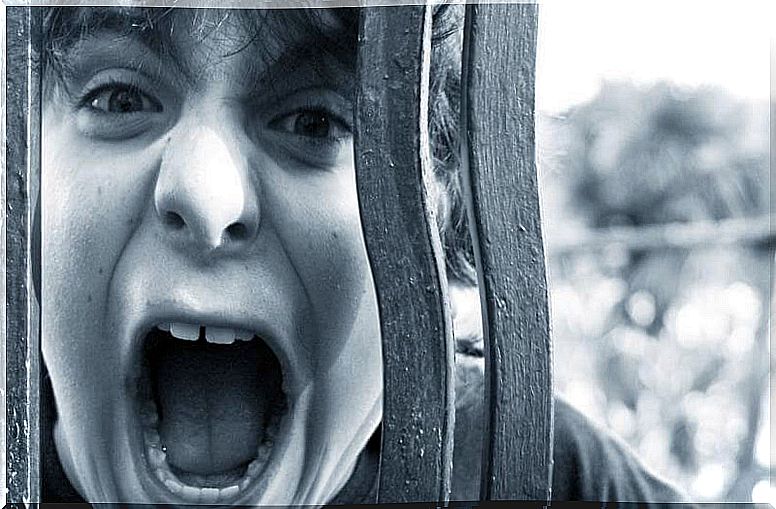
In most cases, therapists help parents set rules and limits that are logical and consistent. They also help them handle problem solving techniques or conflict situations, and also teach them to manage anger to avoid violence and hostile behavior.
The goal of therapy is:
- Achieve control of aggressive responses, adjustment to norms and limits.
- The adoption of elementary values for coexistence and life in society in general (such as respect)
- The expression of emotions and feelings without violence.
Defiant children , an alternative
The Barkley Defiant children program can be applied as an alternative treatment, it consists of several stages that cover the following aspects:
- Learn to pay attention to the child.
- Use attention to get them to obey or conform to the established norm.
- Sort in a more efficient way.
- Teach not to interrupt.
- Establish a reward system.
- Learn to sanction bad behavior in a constructive way.
- Time out appropriately applied.
- Learn to control the child in public places.
Oppositional Defiant Disorder does not mean that a child should isolate himself from society or punish himself. On the contrary, from the first moment in which the diagnosis is known, they must be helped so that they can live healthily with others.
It is worth remembering that whenever these types of situations exist, the best thing parents can do is provide support and understanding.




